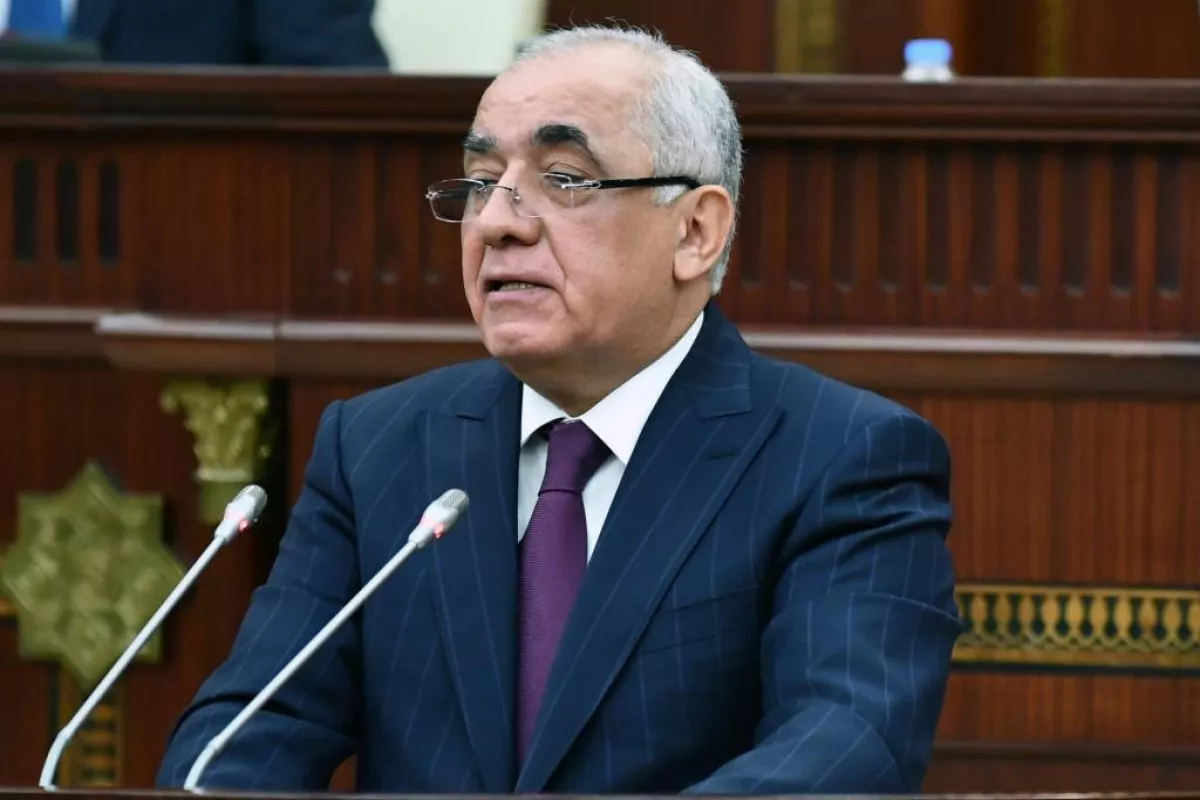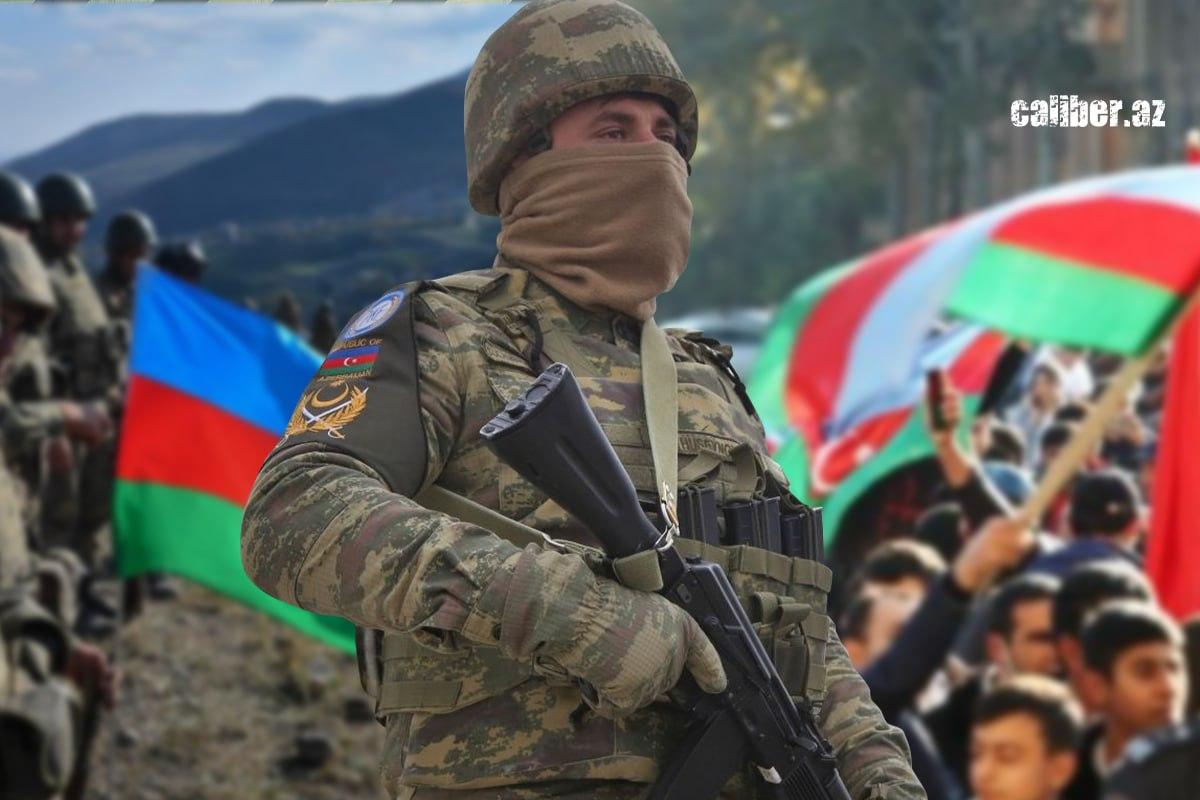Three pillars of Azerbaijan’s 2025 state budget Defence, social protection, Karabakh
Despite escalating geopolitical tensions and the ongoing global economic crisis, Azerbaijan is projected to maintain macroeconomic stability and see growth in state budget revenues in 2025. This conclusion is based on the parameters of the recently approved "State Budget of Azerbaijan for 2025," adopted during a plenary session of the Milli Majlis (parliament).
The key priorities for the upcoming budget include increased spending on defence, funding for projects in the Karabakh region, and support for "green" initiatives. A significant portion of the budget will also be allocated to enhancing social protection, including salary and pension increases.
The outgoing year of 2024 has been quite challenging for many countries around the world, which faced a range of problems amid ongoing geopolitical tensions and high volatility in international commodity markets. The lingering effects of last year's recession and hyperinflation were evident this year in the form of rising external debt, budget deficits, national currency devaluation, and a decrease in the current account surplus—issues encountered by many developing countries, including those in the post-Soviet space.
Although external negative factors impacted Azerbaijan as well, the country's government has largely succeeded in maintaining macroeconomic and financial stability. A key factor in this success was the reduction and stabilization of food prices on the global market, which significantly alleviated the pressure of imported inflation on domestic prices in Azerbaijan this year.
"Azerbaijan's strategic foreign exchange reserves have exceeded $72 billion, and the country's external public debt stands at just 7.3% of GDP," said Prime Minister Ali Asadov, speaking at a plenary session of the Milli Majlis during the third reading of the "State Budget of Azerbaijan for 2025." "The balance in the foreign exchange market, coupled with a surplus in the current account, the strengthening of the nominal effective exchange rate of the manat, and its downward impact on import prices, have contributed to low inflation levels."
The Prime Minister emphasized that from January to November 2024, the country's economic growth was 4.1%, with the domestic non-oil sector growing by 6.4%.

Overall, it is expected that the positive developments accumulated this year will have a beneficial impact on strengthening macroeconomic stability, contributing to the resilience of the government's fiscal policy in the coming year.
"The 2025 state budget is the largest in the history of modern Azerbaijan: its revenues are projected at around 38.4 billion manats ($22.5 billion), while expenditures are estimated at 41.4 billion manats ($24.3 billion)," said Prime Minister Ali Asadov. "The budget deficit-to-GDP ratio is estimated at 2.4%. According to macroeconomic forecasts, next year GDP is expected to grow by 3.5%, reaching approximately 129.2 billion manats, and the real growth rate in the non-oil sector will be 4.9%."
During the plenary session on December 16, the Azerbaijani parliament, after final discussions in the third reading, adopted the law on the state budget for 2025. According to the amendments, state budget revenues for the upcoming year are projected to reach 38.356 billion manats ($22.5 billion), which is 5.4% higher compared to the approved 2024 forecast. In turn, budget expenditures will exceed 41.407 billion manats ($24.3 billion), marking an increase of over 4.2%. As a result, the budget deficit for next year is estimated at nearly 3.052 billion manats ($1.8 billion), which is 9% lower than the current year's deficit. Accordingly, the total budget revenues will slightly exceed 43.950 billion manats, while expenditures will surpass 47.629 billion manats ($28 billion).
"The budget policy for 2025 and the medium-term perspective have been developed with consideration of the main goals and key priority tasks set before the government by the President of Azerbaijan, Ilham Aliyev," noted Prime Minister Ali Asadov. "Among the key priorities are strengthening the country's defence capabilities and national security, implementing measures outlined in the 'Social and Economic Development Strategy for 2022–2026,' the restoration, reconstruction, and reintegration of Karabakh and Eastern Zangezur into the country's economy, and ensuring the Great Return to the liberated territories."
In particular, the total amount of Azerbaijan's expenditures on defence and national security in the state budget for the upcoming year has been increased to 8.555 billion manats ($5 billion). Speaking in parliament the day before, Finance Minister Samir Sharifov emphasized that Armenia's policy of large-scale militarization has made it necessary to raise defence and security spending in order to adequately ensure the country's defence capabilities. The Finance Minister noted that after the second reading of the bill, the government recommended that several public law entities finance their expenditures not from the state budget, but primarily from their own revenues through the mobilization of additional income potential. As a result, approximately 159 million manats ($93.5 million) are expected to be freed up, which will be directed toward additional funding for measures to strengthen the country's defence.

In 2025 and the following years, work will continue on the restoration of the territories liberated from occupation—Karabakh and Eastern Zangezur—and the development of economic, social, and housing infrastructure there. Both domestic and foreign entrepreneurs are actively involved in this process, including investing in business projects in industrial clusters such as the Araz Valley Economic Zone and the Aghdam Industrial Park. However, it is the state that remains the key donor of the massive program for the revival and reconstruction of the Karabakh region: in 2025, approximately 4 billion manats ($2.3 billion), or 10.1% of Azerbaijan's state budget expenditures, will be allocated for these purposes.
As Finance Minister Samir Sharifov emphasized, improving the welfare of the Azerbaijani people has traditionally been a priority of government policy: "Socially-oriented expenditures form the basis of the 2025 state budget proposal: in particular, funds are allocated for increasing salaries, pensions, and social benefits. The minimum living wage and the poverty threshold will be raised from 270 ($158) to 285 manats ($167) starting in January, and compared to 2024, spending on social security and social protection will increase by 9.6%."
The planned social expenditures for the upcoming year are based on a strong financial foundation, particularly with significantly increased budgets for the State Social Protection Fund (SSPF) and the Unemployment Insurance Fund (UIF). During the plenary session of the Milli Majlis, the law on the SSPF budget for 2025 was adopted in its third reading, with revenues and expenditures exceeding 7.676 billion manats ($4.5 billion), a 10.45% increase compared to the corresponding figures for the current year. Meanwhile, the UIF budget for next year has been set at 260.7 million manats ($153 million), which is 9.5% higher than this year's figures.
"Overall, social expenditures across all areas exceed 40% of the state budget, and in 2025, new increases in the minimum wage, pensions, benefits, and other social payments will affect about three million citizens of Azerbaijan," stated Prime Minister Ali Asadov. "Over the past five years, four social reform packages totalling 7 billion manats ($4.1 billion) have been implemented, benefiting four million citizens. To develop modern education and improve access to quality and advanced healthcare services, the state budget for next year also allocates more funds."
The Prime Minister also noted that the increase in budget revenues ensures the steady improvement of social protection and the well-being of the population, including continued attention and care for the families of martyrs and veterans, which will remain priorities of government policy.








